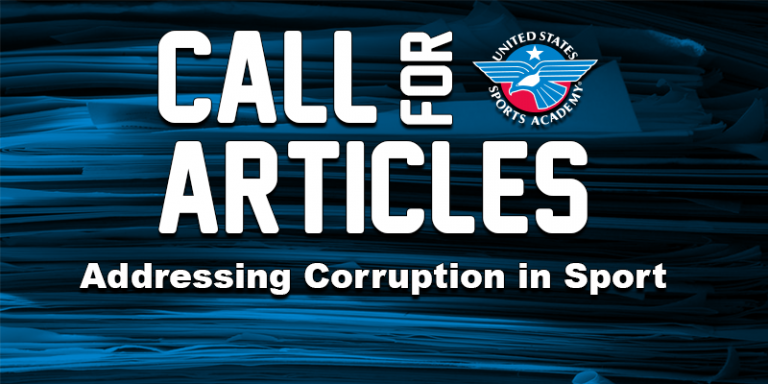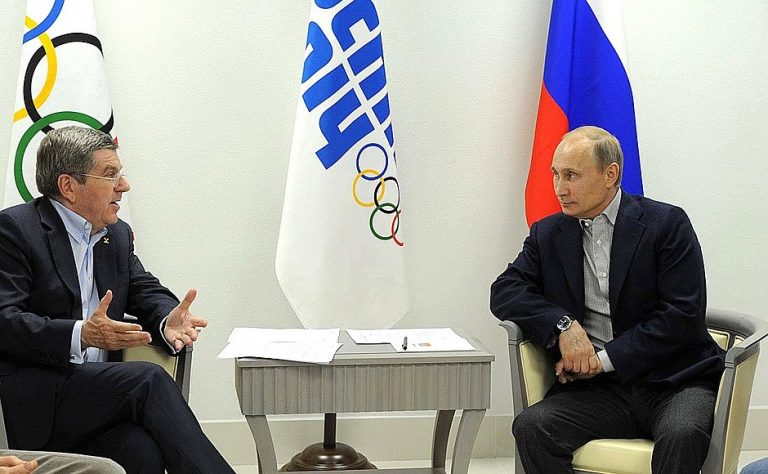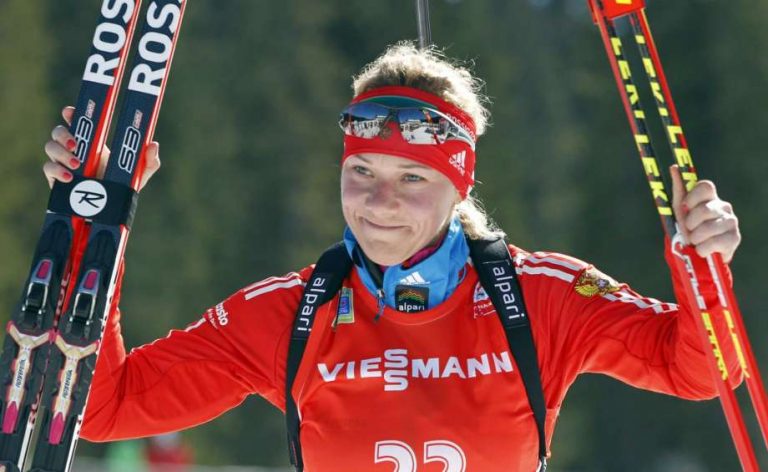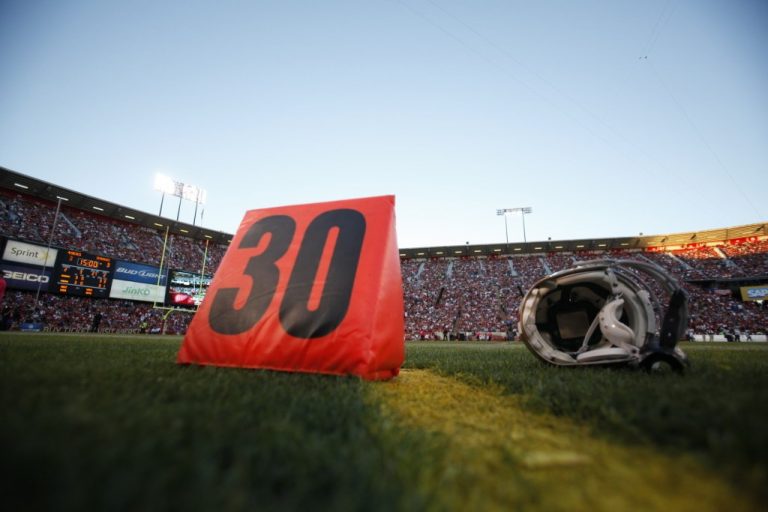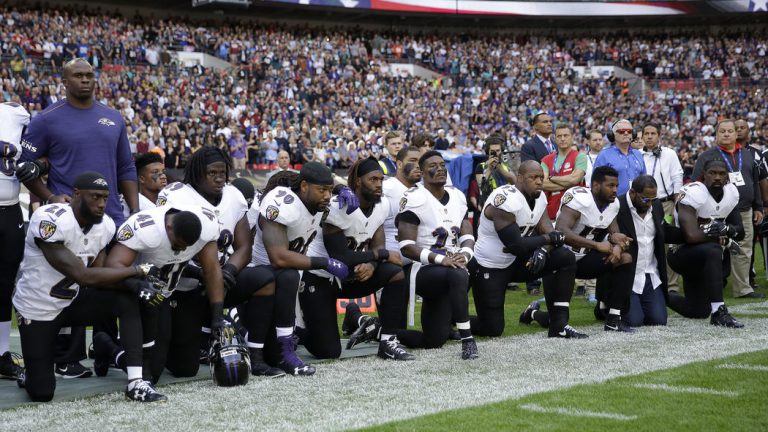Russians Suspended from 2018 Winter Olympics, May Compete as Independents
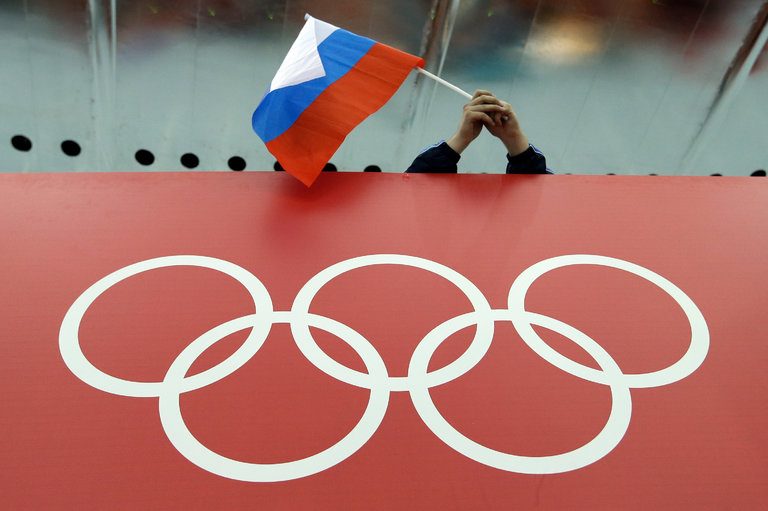
The International Olympic Committee Executive Board today announced that Russian athletes will only be allowed to participate at Pyeongchang 2018 under a neutral flag following the publication of the results of the Schmid Report investigation into Russian doping.
Over 17 months of extensive work, the Schmid Commission investigated claims of state-sponsored doping among Russian athletes at the 2014 Sochi Olympic Games.
The conclusions of the Schmid Report, on both factual and legal aspects, confirmed “the systemic manipulation of the anti-doping rules and system in Russia, through the Disappearing Positive Methodology and during the Olympic Winter Games Sochi 2014, as well as the various levels of administrative, legal and contractual responsibility, resulting from the failure to respect the respective obligations of the various entities involved.”
As a result, the IOC Executive Board announced the following decisions:
- To suspend the Russian Olympic Committee (ROC) with immediate effect.
- To invite individual Russian athletes under strict conditions to the Olympic Winter Games PyeongChang 2018. These invited athletes will participate, be it in individual or team competitions, under the name “Olympic Athlete from Russia (OAR)”. They will compete with a uniform bearing this name and under the Olympic Flag. The Olympic Anthem will be played in any ceremony.
- Not to accredit any official from the Russian Ministry of Sport for the Olympic Winter Games PyeongChang 2018.
- To exclude the then Minister of Sport, Vitaly Mutko, and his then Deputy Minister, Yuri Nagornykh, from any participation in all future Olympic Games.
- To withdraw Dmitry Chernyshenko, the former CEO of the Organizing Committee Sochi 2014, from the Coordination Commission Beijing 2022.
- To suspend ROC President Alexander Zhukov as an IOC Member, given that his membership is linked to his position as ROC President.
- The IOC reserves the right to take measures against and sanction other individuals implicated in the system.
- The ROC to reimburse the costs incurred by the IOC on the investigations and to contribute to the establishment of the Independent Testing Authority (ITA) for the total sum of $15 million, to build the capacity and integrity of the global anti-doping system.
- The IOC may partially or fully lift the suspension of the ROC from the commencement of the Closing Ceremony of the Olympic Winter Games PyeongChang 2018 provided these decisions are fully respected and implemented by the ROC and by the invited athletes and officials.
- The IOC will issue operational guidelines for the implementation of these decisions.
“This was an unprecedented attack on the integrity of the Olympic Games and sport,” IOC President Thomas Bach said. “The IOC EB, after following due process, has issued proportional sanctions for this systemic manipulation while protecting the clean athletes. This should draw a line under this damaging episode and serve as a catalyst for a more effective anti-doping system led by the World Anti Doping Agency (WADA).
“As an athlete myself, I feel very sorry for all the clean athletes from all NOCs who are suffering from this manipulation. Working with the IOC Athletes’ Commission, we will now look for opportunities to make up for the moments they have missed on the finish line or on the podium.”
The following statement regarding the IOC decision on Russia participation in the Olympic Winter Games PyeongChang 2018 is attributable to Scott Blackmun, CEO of the United States Olympic Committee:
“The IOC took a strong and principled decision,” Blackmun said. “There were no perfect options, but this decision will clearly make it less likely that this ever happens again. Now it is time to look ahead to PyeongChang.”
From combined reports
